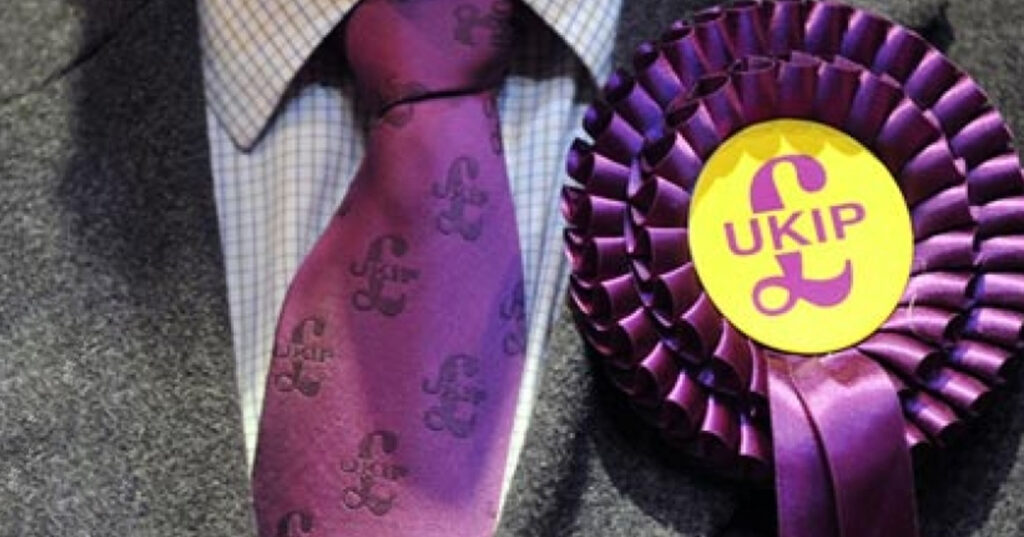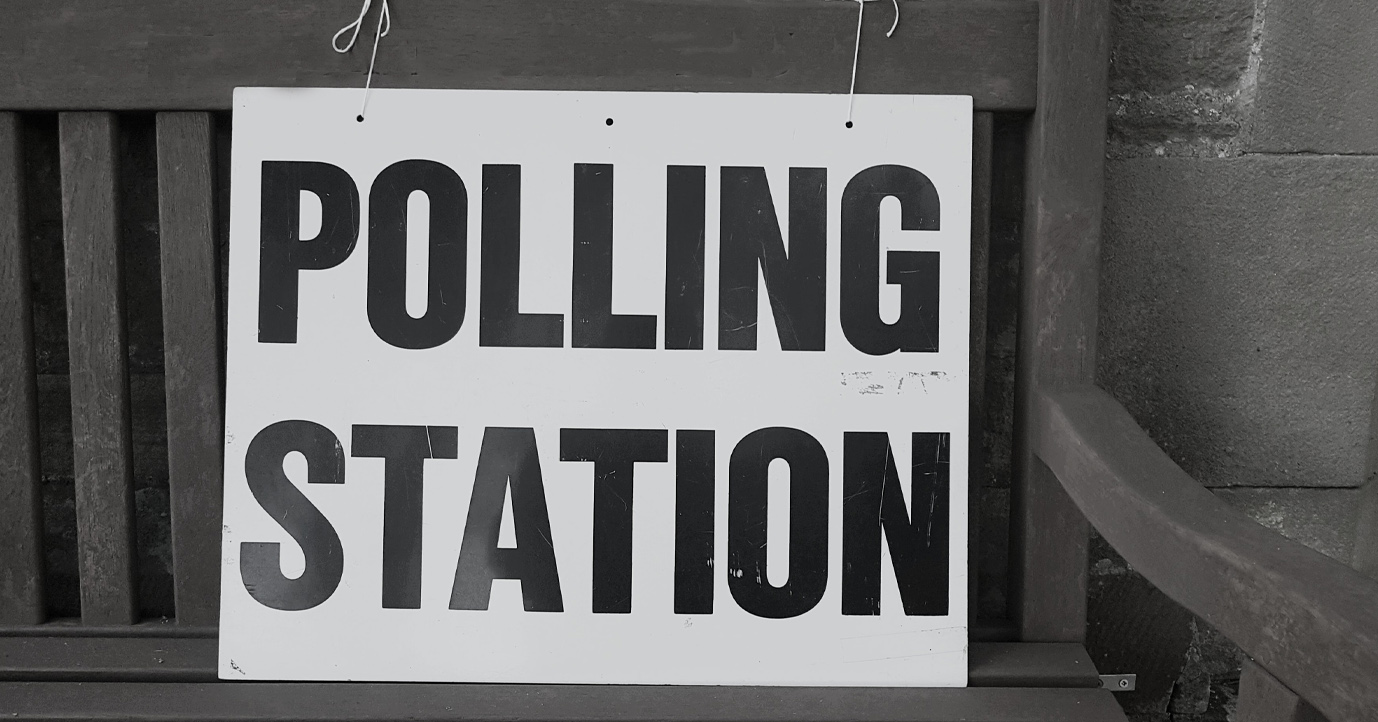
How are UKIP doing in the polls? Well, it depends which polls you look at. At the end of last month, one survey put the party on 7%; the following day another poll from a different company had them at 19%. In an article in the Independent on Sunday, Nigel Farage has accused various pollsters, and me in particular, of underestimating his party’s support and trying to reinforce the idea “that a UKIP vote is a Tory vote”.
This second charge can be disposed of quite simply. I do not think that UKIP voters are just stray Tories. As I found in my extensive research on the subject, which included a poll of 20,000 people, UKIP draws its supporters from all parties and none, and they are not particularly motivated by specific policies. Analysis of my polling in the forty most marginal Conservative-held seats showed that Tory “defectors” and UKIP voters are not the same people.
Nor do I think, as he puts it, that the Conservatives “only need to write an article on immigration in a newspaper every now and again” and “make some tough sounding noises about repatriating powers from the EU” to return them to the height of their popularity. Indeed I have repeatedly stressed the opposite. (My articles entitled “The UKIP threat is not about Europe” and, if that is not clear enough, “Turn down the volume on Europe or lose the next election”, among others, might have given a clue as to my view. Perhaps he is thinking of a different Lord Ashcroft.)
At least as surprising is Nigel’s apparent view that pollsters are trying to do anything other than reflect public opinion as accurately as they can. As a party leader, Nigel’s job is to talk up favourable polls – like those recently commissioned from Survation by his party treasurer, Alan Bown, which put UKIP in a strong position in various marginal seats – or dismiss bad ones, or advise us to ignore them altogether, as circumstances dictate.
But the pollsters’ job is different. They rely on their reputations, and their reputations are based largely on accuracy. Come election night, they want to be able to show that their research had found what was really going on. Over the years, polling methods have changed to reflect new realities. After the 1992 election, when some predicted a Kinnock premiership, most polling companies changed their methods to ensure their samples were more politically representative – incorporating factors including likely turnout, how respondents voted in previous elections, their usual party allegiance, and how to account for those who refused to say which party they would support or said they didn’t know.
Accuracy improved dramatically. But the job of measuring voting intention has continued to get harder as society changes, attitudes shift and loyalties erode. Pollsters continue to grapple with this, continually reviewing their methodologies with the aim of producing true results.
UKIP represent one of the conundrums that pollsters are having to deal with. Yet Nigel observes that YouGov “do not even prompt for UKIP when asking voters how they intend to vote”, as though this is an obvious mistake, and criticises Populus for their “farcical levels of reweighting and rejigging”, as though their methodology had been deliberately designed to do his party down.
Most pollsters continue to judge that naming UKIP in the initial voting intention question has the effect of exaggerating the party’s score. Instead, they ask the respondent if they will vote (in random order) for the Conservatives, Labour, the Liberal Democrats, or another party, prompting for UKIP along with the Greens and others if they choose this final option. Most also weight by past vote or party identification, according to formulae of their own devising, in an attempt to ensure their samples are politically as well as demographically representative.
Naturally enough, Nigel prefers the polls and methods that produce the highest scores for his party (and you would have to have a heart of stone to blame him for that). The Survation constituency polls by which he sets so much store were conducted by prompting for UKIP in the initial question, and included no political weighting. Do I think Survation did them this way in order to flatter their UKIP client? Of course not. By the same token, why would another pollster deliberately engineer inaccurate figures to suppress the party’s apparent support?
Nigel Farage and UKIP have been effective in capturing a mood among a section of voters, as their results in local elections and by-elections, and their expected performance in next year’s European elections, demonstrate. Each company has developed its own approach to the tricky job of assessing their likely vote share in a general election – but the pollsters know their interest lies not in talking it up or down, but getting it right.


